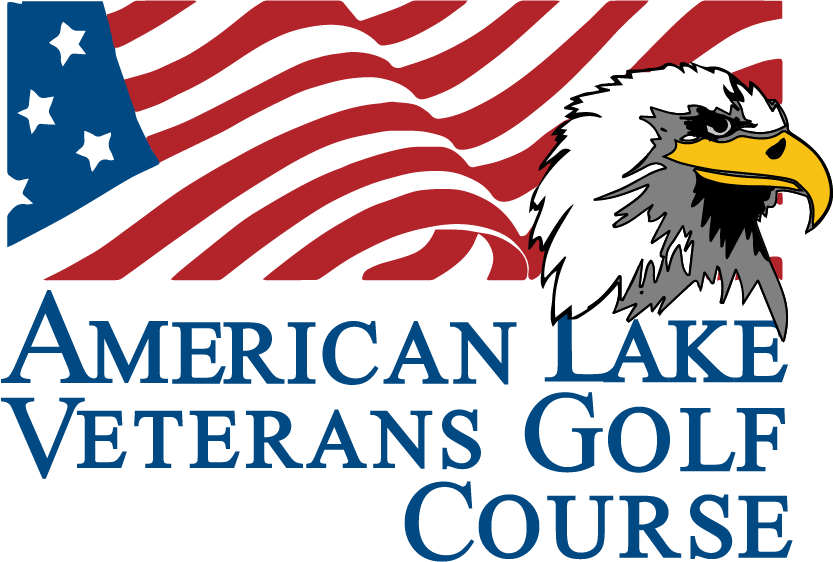About Us
The American Lake Veterans Golf Course is on the grounds of the VA Hospital in Lakewood, Washington, one hour south of Seattle. The Veteran’s Hospital was approved for construction in 1926 and the first building was dedicated in 1929. The golf course, situated on 377 acres, was added shortly after World War II in the mid 1950’s. However, the nine-hole course was designed as a place of relief rather than rehabilitation and the needs of the disabled were not taken into account. Still, it was a valued asset of the hospital and served patients healing from all types of injuries for many years.
In 1995, the US government withdrew all funding for the operation and maintenance of all VA golf courses. Volunteers negotiated an agreement with the VA Puget Sound Health Care to allow the volunteers to manage the course, but they were financially unable to make any improvements. For the next decade plus, the course fell into serious disrepair and was nearly abandoned. In 2001, Harold “Pepper” Roberts, a retired teacher, golf pro and veteran of the Korean War, joined the American Lake VGC as a volunteer. The following year, he was asked to join the VA Golf Course’s Board of Directors. It was then that he discovered there were no funds for needed improvements or upkeep of the course. By 2003, it was evident that a non-profit organization was needed to raise funds to support the course and necessary paperwork was filed.
Thousands of U.S. service men and women have returned from active duty in Iraq, Afghanistan, Viet Nam and Korea with severe physical and psychological wounds that will haunt them forever. Some are single or double amputees, trying desperately to learn to use prosthetics or to survive without limbs. Some have intact bodies, but their minds are shattered by the traumas they have experienced. Many feel stripped of all sense of human dignity and simply wait to die, too often by suicide. Suicide rates among adult male Veterans is 22% higher than non-Veteran adult men.
The American Lake Veterans Golf Course offers rehabilitation, therapy, socialization and support to those who have given so much for our country. To restore just one person to a productive life enhances our community. To help just one young soldier turn away from suicide, to ease the feelings of isolation and depression, or to help a family avoid divorce greatly impacts our community. To accomplish these things one hundred times over affects our community and the world far beyond what mere words can describe.
